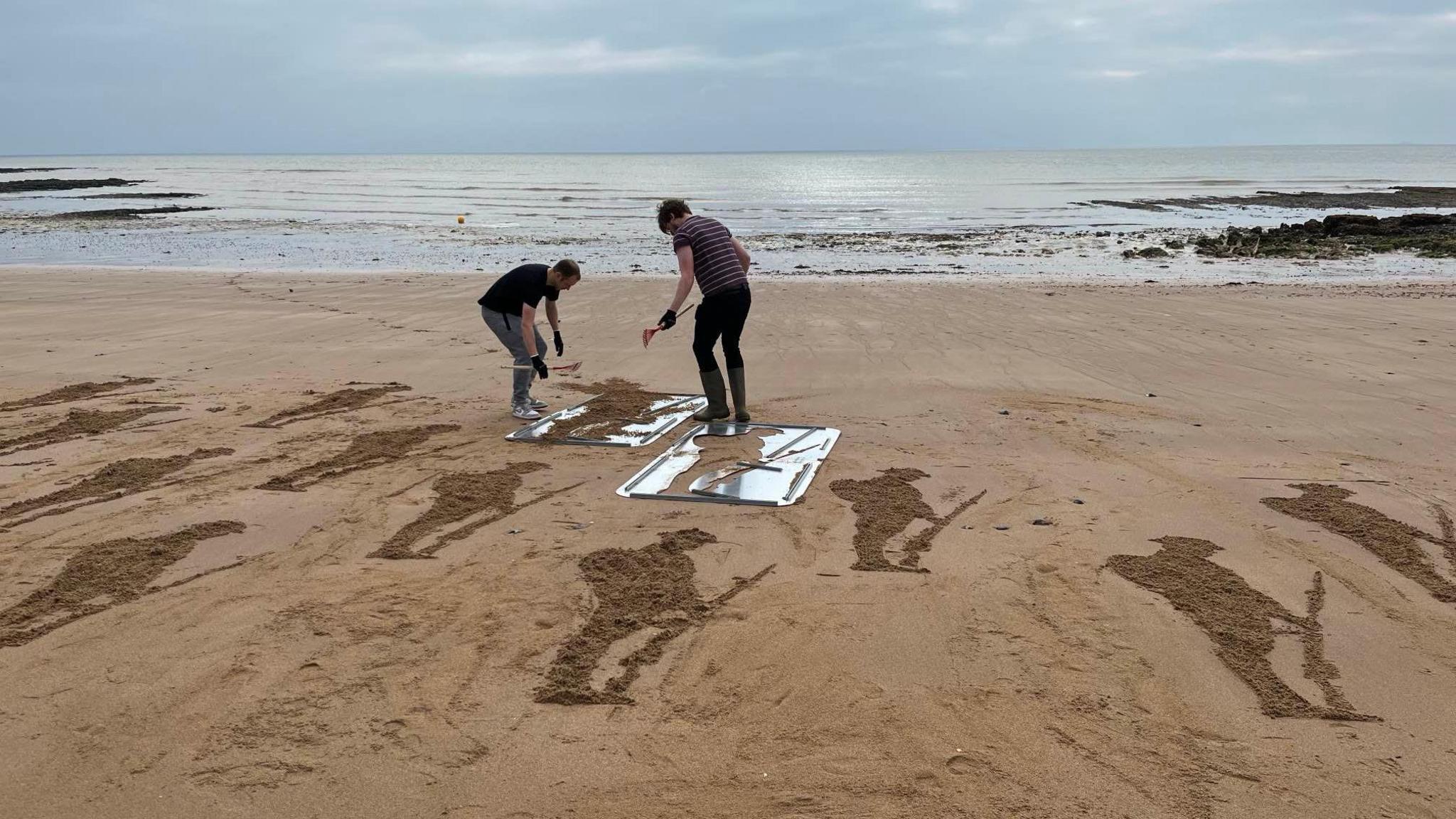'My father deserves recognition for his WW2 work'
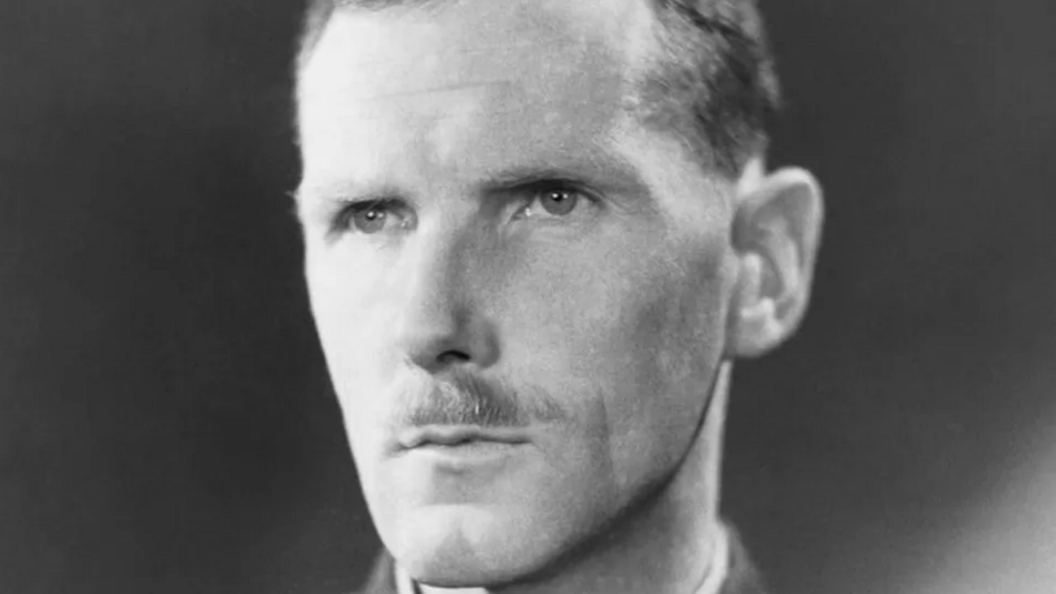
Meteorologist Gp Capt James Stagg persuaded General Eisenhower to delay the D-Day landings
- Published
The British weatherman who persuaded the supreme allied commander to postpone the D-Day landings could be in line for a posthumous award - nearly 50 years after his death.
Gp Capt James Stagg, who died in Seaford in 1975, was a senior British meteorologist during World War Two.
His weather predictions have been credited with convincing General Dwight D Eisenhower the invasion should be pushed back 24 hours to avoid a storm and potential catastrophe.
His son, Peter Stagg, 82, is set to begin talks with the French authorities over whether his father could be considered for the Legion d'Honneur - France's highest honour.
Mr Stagg, who lives near Angouleme in south-west France, said he believed the commemorations for D-Day this year will be the last "big" ones.
"There are hardly any soldiers still alive that went through the Second World War.
"I think now is the time to take the plunge with the French government."
He described "frustration" in his father's latter years and said he thought "not getting any real recognition" might have been part of that.
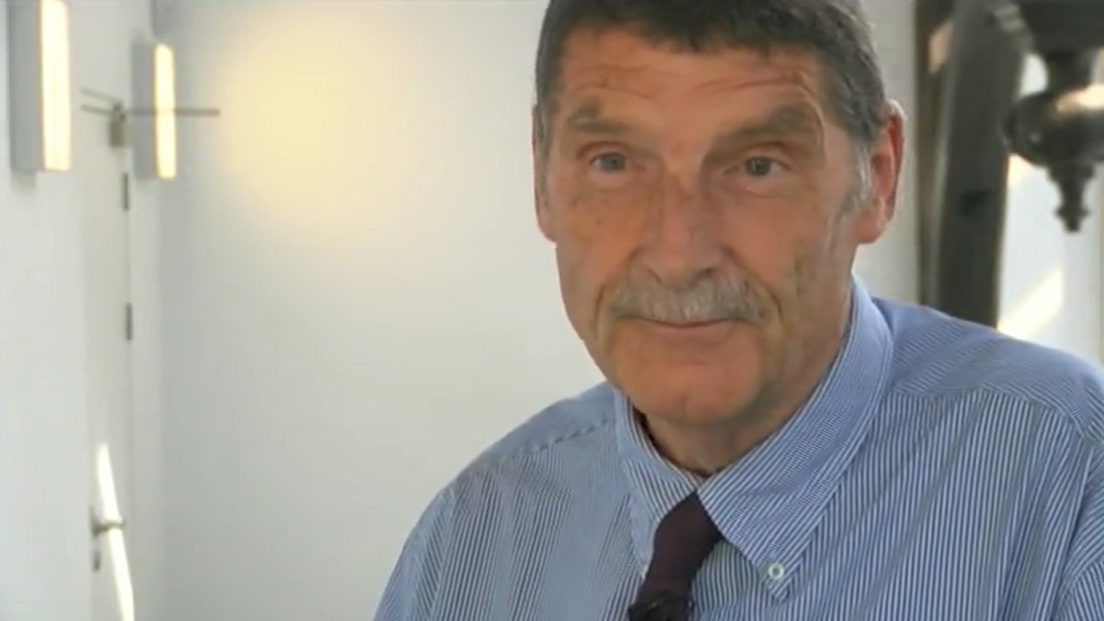
Peter Stagg said his father's decision took "colossal nerve"
The Normandy landings - the largest seaborne invasion in history - paved the way for the allied victory.
They were originally planned for 5 June but relied on calm weather to safely land tens of thousands of troops.
The fear was that low cloud would mean no air cover and rough seas could sink landing craft.
Gp Capt Stagg was appointed chief meteorologist to the Supreme Headquarters Allied Expeditionary Force in November 1943.
He predicted a significant storm on 5 June but believed there would be a sufficient break in the weather to allow it to go ahead the following day.
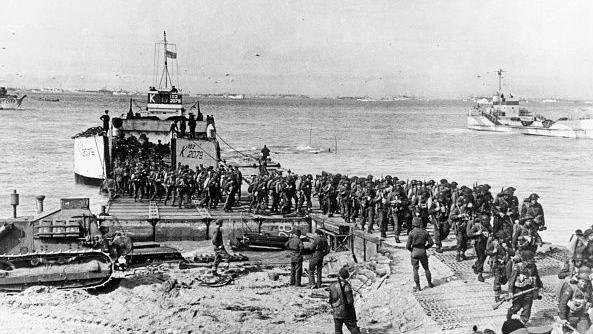
D-Day on 6 June 1944 was the Allied invasion of Normandy in Operation Overlord during World War Two
Mr Stagg said: "It was an enormous decision to have to take. The British climate is notorious."
He said his father had to play a "delicate political role" keeping the Americans on board while getting his view across to General Eisenhower "as a priority".
Mr Stagg said his father's meetings with "top people" including General Eisenhower, "must have been pretty nerve wracking".
However, Gp Capt Stagg was able to convince allied command that his predictions were accurate and allowed for a small window for the landings to take place.
'Sleepless nights'
Mr Stagg said it must have taken "colossal nerve".
"He must have had sleepless nights. It's hard to imagine the weight of responsibility on his shoulders," he said.
But he said his father was a "man of his convictions" who would "stick up" for what he thought was right.
His advice - and General Eisenhower's decision to accept it - were to prove correct.
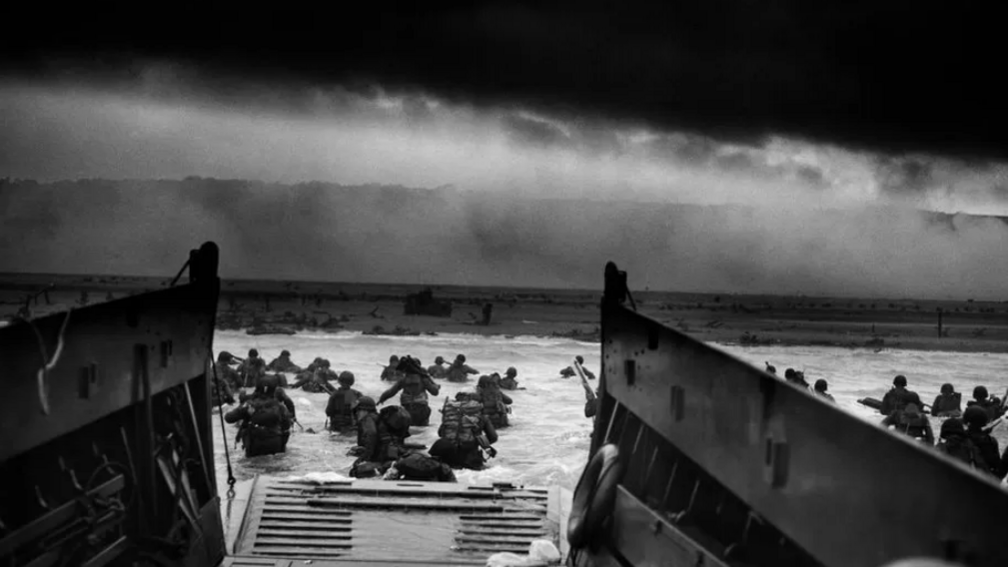
The Normandy landings were the largest seaborne invasion in history
The weather cleared sufficiently for the D-Day operation to begin and paved the way for the defeat of the Nazis.
Mr Stagg said: "If that had been wrong, heaven knows what might have happened.
"If the Germans had time to regroup and repel the invasion, who knows where it might have led.
"It must have saved an enormous number of lives."
Gp Capt Stagg died in Seaford in East Sussex in 1975, aged 74.
Despite his pivotal role in ensuring the success of D-Day, he received little formal recognition for his wartime work during his life.
There is a plaque honouring him in Seaford as well as one in his home town Dalkeith, unveiled in 2019.
Peter Stagg has also written to Richmond Council in London, where his father lived during the war, to see if it too could consider a commemorative plaque.
Follow BBC Sussex on Facebook, external, on X, external, and on Instagram, external. Send your story ideas to southeasttoday@bbc.co.uk, external, WhatsApp us on 08081 002250.
Related topics
- Published19 May 2024
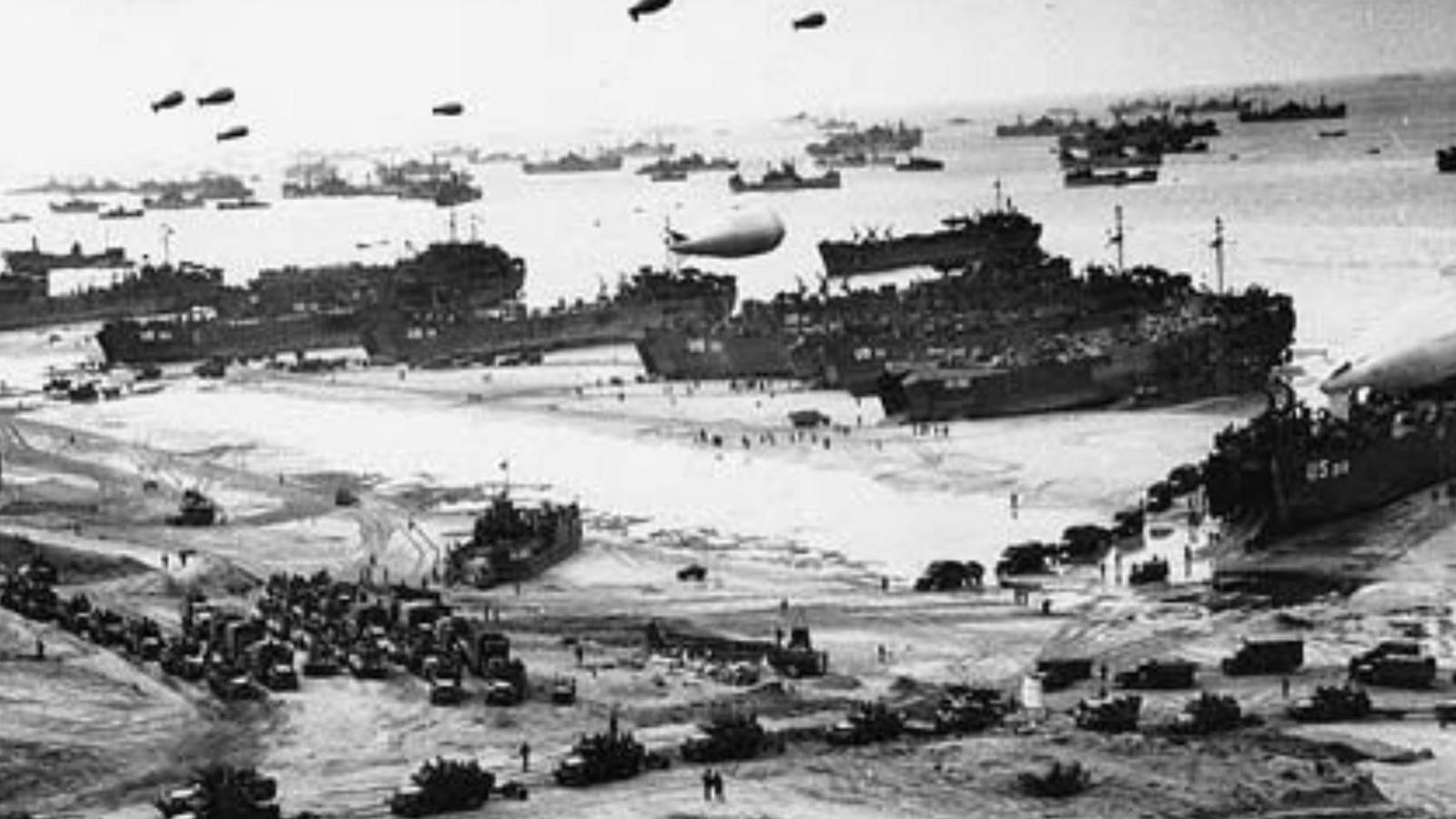
- Published12 September 2023
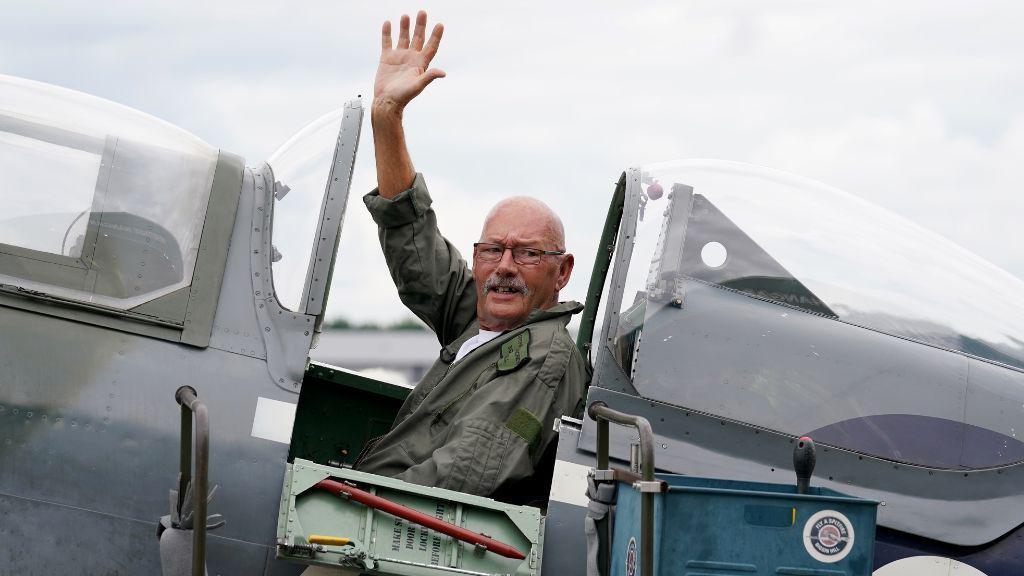
- Published22 May 2024
